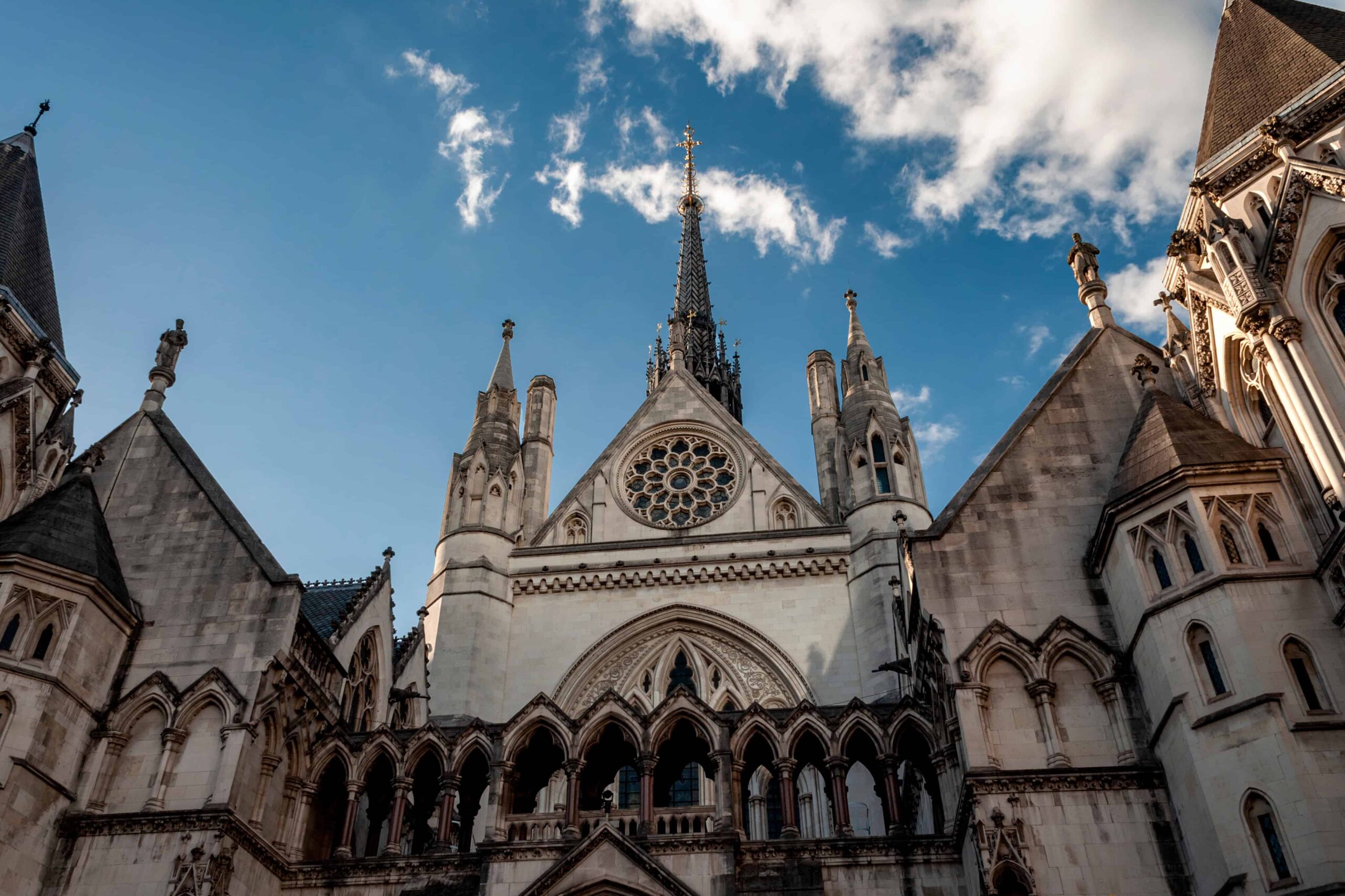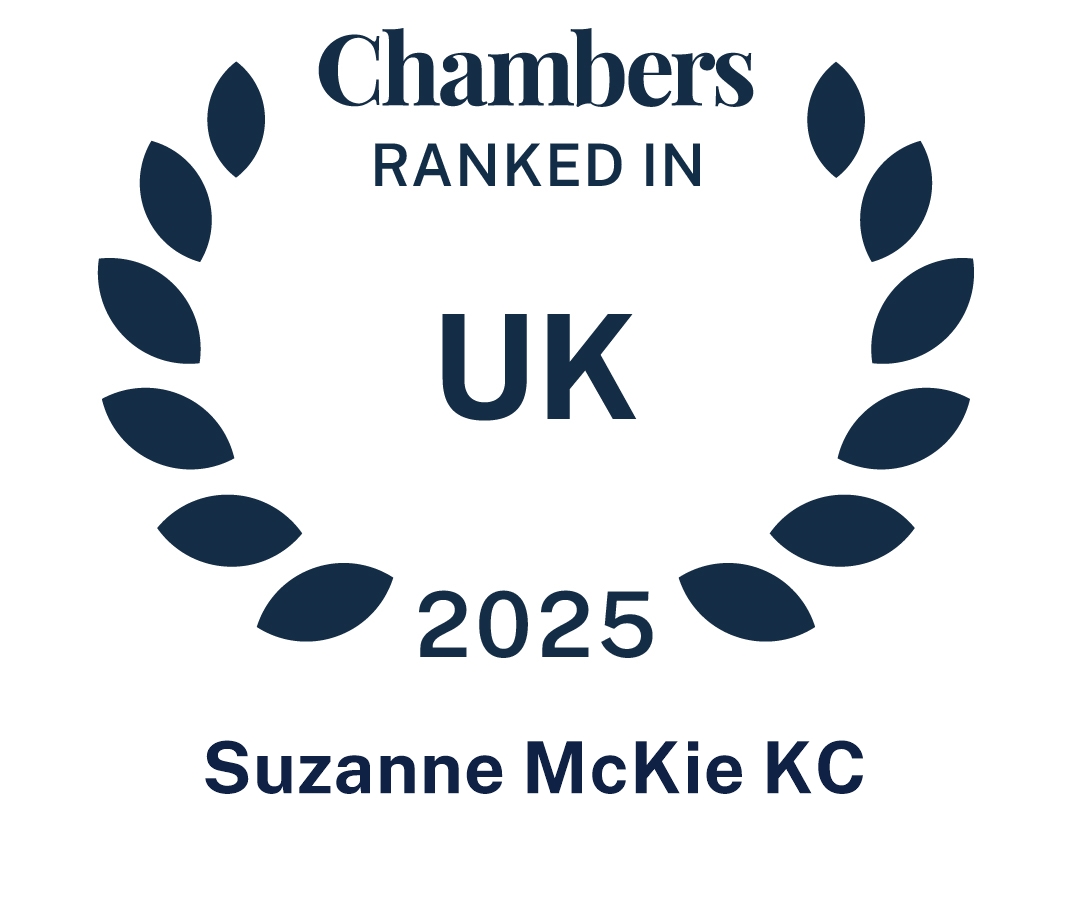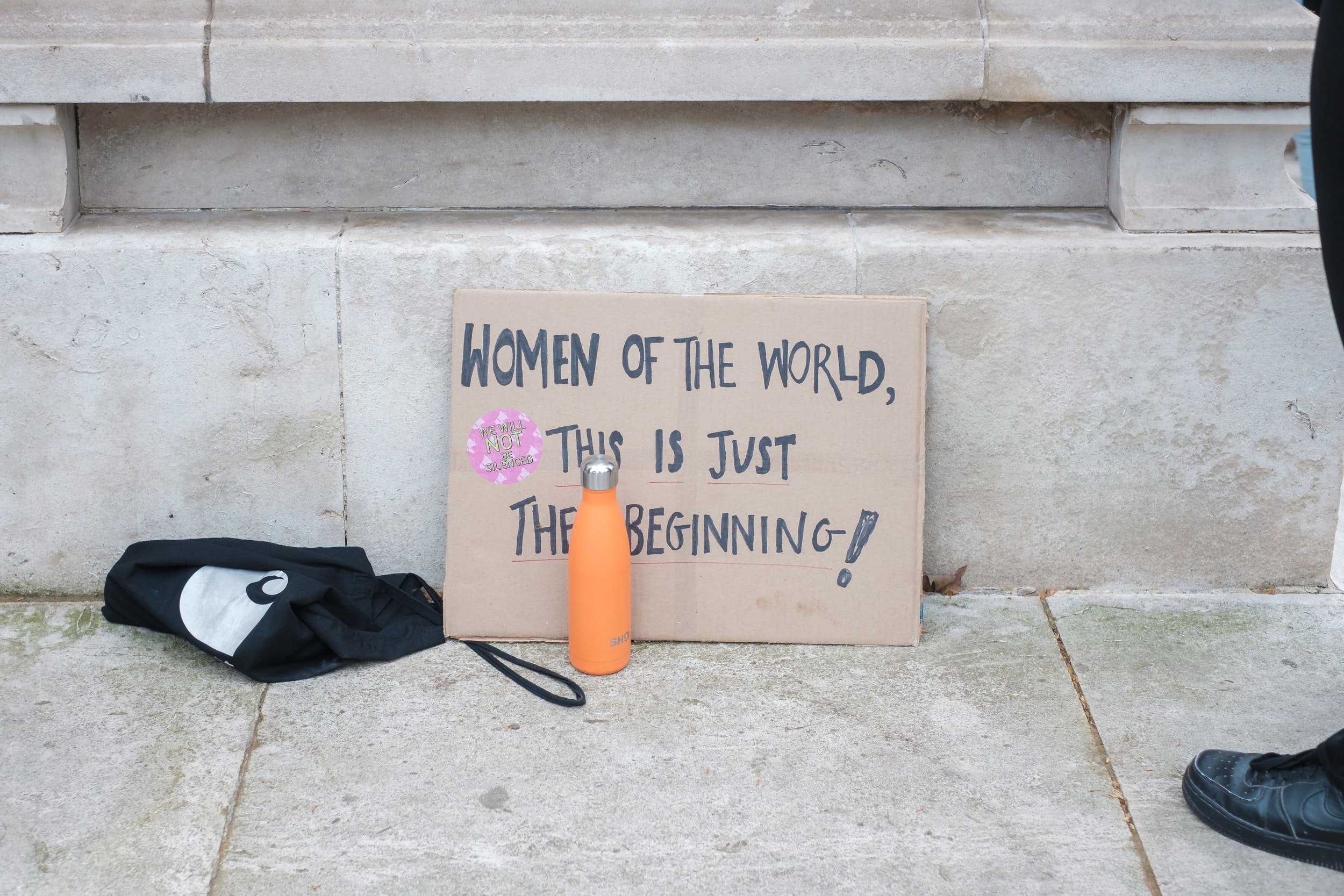
28 August 2019
|Diversity / Inclusion In Practice
Women’s Rights
“Banks and law firms in UK demand more female barristers,” FT reports
UK-based lawyers and banks are demanding more diversity from the barristers they instruct as they attempt to end panels of “white, middle-aged men” on their high-profile cases, the FT reports.
Institutions including Magic Circle law firms Clifford Chance, Allen & Overy and Freshfields are among those requesting a gender diverse list when appointing legal counsel. Recent actions have included the following:
-
Clifford Chance started tracking the number of female barristers it instructed last year, by seniority, case and frequency of appointment.
-
Freshfields launched a “speed-networking” event in July 2019 for female barristers and its male and female lawyers.
-
Allen & Overy launched a global diversity initiative at the end of 2018 that included asking clerks to suggest diverse teams and committing to work with barristers who work flexibly.
-
Barclays began asking all law firms on its panel to report diversity statistics to it last year. The bank also set up a diversity “consortium” and collaborated on a networking event with Fountain Court Chambers to introduce more barristers to its panel firms.
-
Lloyds Banking Group requires its panel firms to report gender diversity metrics to it and collaborates with firms on diversity events.
Continued poor representation of women at the Bar
Yet the FT also acknowledged that women remain under-represented at the Bar, particularly at QC level (as commented upon by Farore Law last month). The overall percentage of women at the Bar increased by 0.4 percentage points from December 2017 to December 2018, as was the case from 2016 to 2017. The greatest increase has been for QCs, but the overall proportion of female QCs remains low in comparison to the overall percentage of female barristers at the Bar. Farore Law recently produced its own report regarding official statistics on women at the Bar, which confirms this issue.
As noted by one clerk interviewed by the FT (who wished to remain anonymous): “The practical reality is that there just aren’t as many women to instruct and at a senior level, you already know who you want to instruct”. This point was also commented upon by Mat Swallow, the deputy chambers director at Blackstone Chambers: “When it comes to more senior barristers, clients are usually specifically instructing one or two barristers.“
Source: The Financial Times









